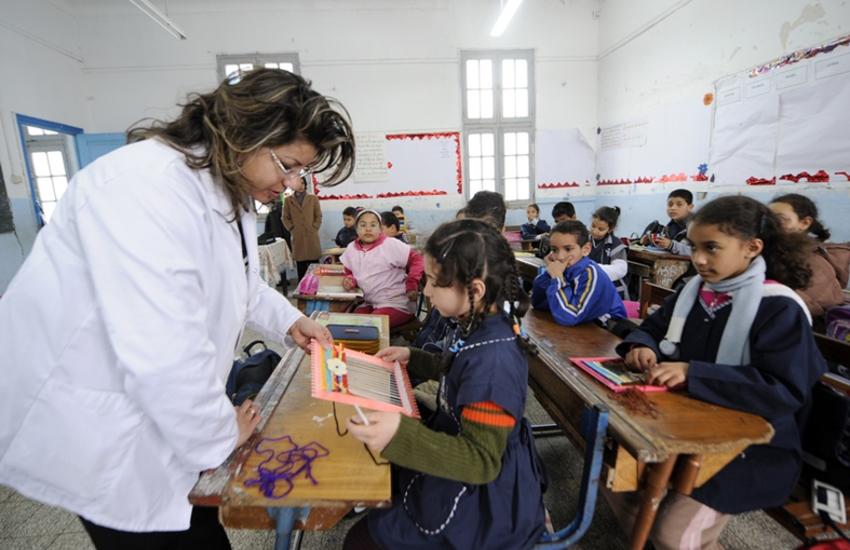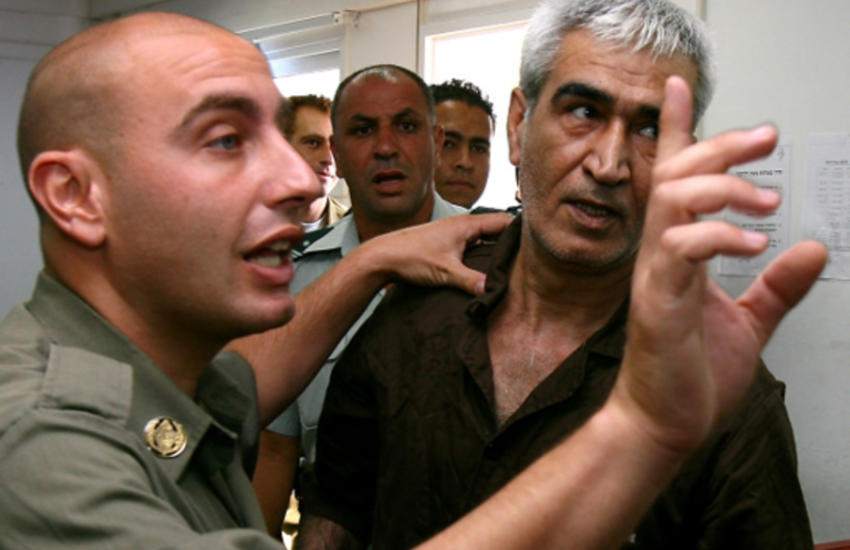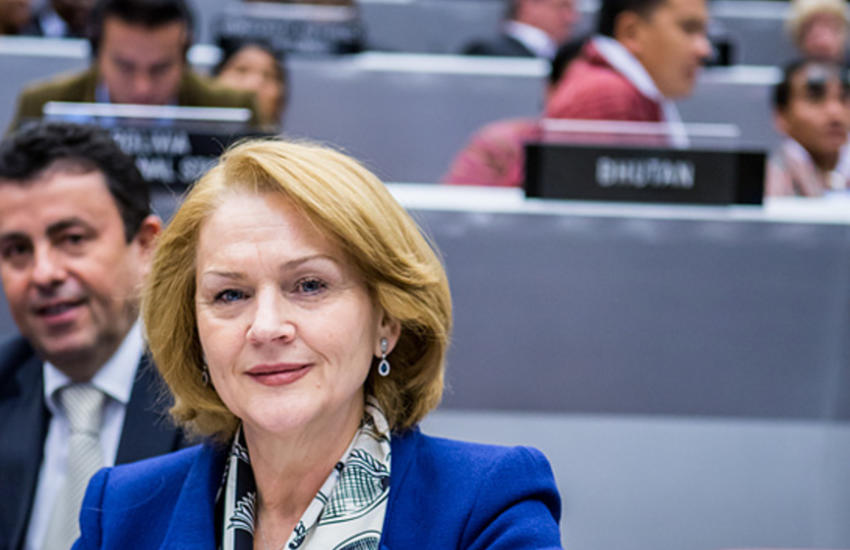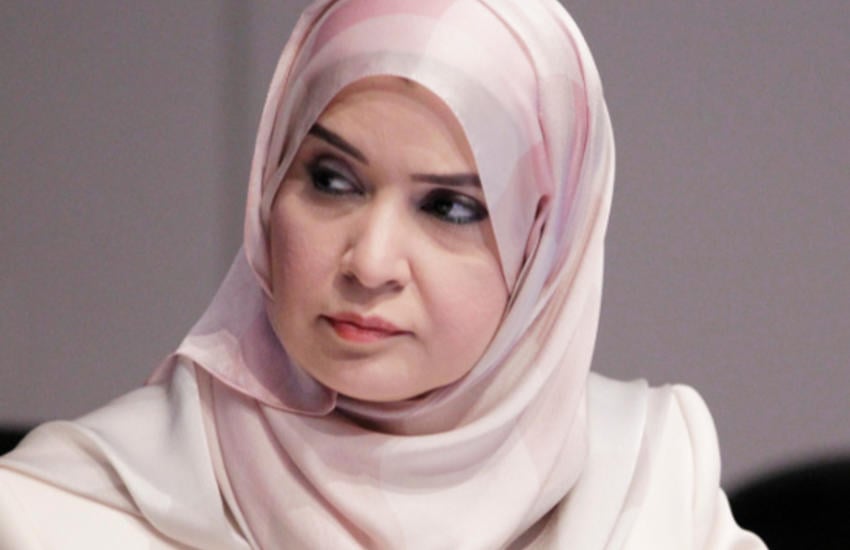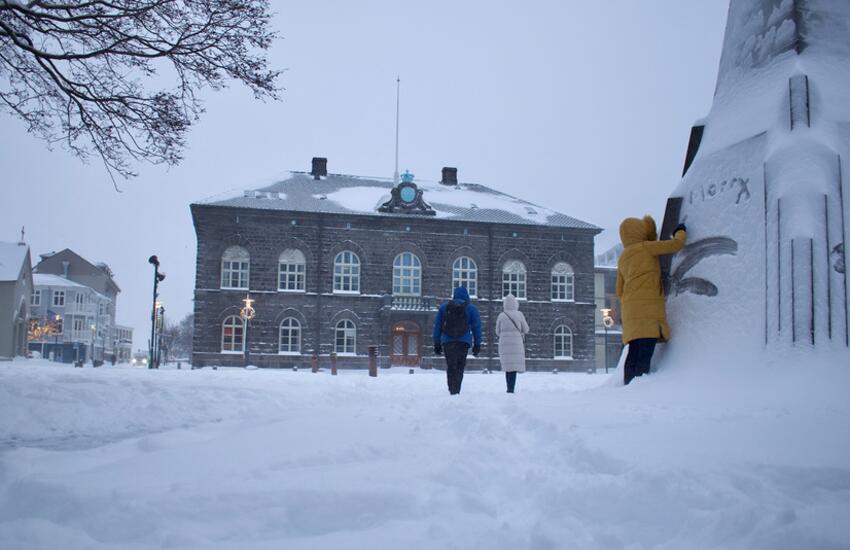Palestinian MP Sahar Qawasmy is a member of Fatah who was elected to parliament in 2006 and the first female provincial secretary. She has fought hard to end discrimination against women—arguing against whose who try to justify inequality on religious grounds. This is an edited version of an iKNOW politics interview on 6 June 2013.
How have you overcome obstacles posed by religious or cultural claims?
A woman’s engagement in politics and occupancy of decision-making posts, particularly in societies that have known only patriarchy, is very difficult. I believe in the necessity of challenging such norms.
Since my return in 1994, I have always insisted, during conferences or any other congregations, that seating for men and women not be segregated. And so I would always sit amongst the seats reserved for men to make this point, and eventually they became used to my presence among them and this tradition is no longer upheld in one of the most conservative cities in Palestine.
Work in the political sphere requires a lot of strength, will power and never giving up in the face of obstacles, or allowing hardships to sway you. When we began speaking about women’s issues, I was faced with strong opposition but I did not give up.
Instead, I was clear and assertive and argued that discrimination between men and women was not part of any religion and those who claimed it was were basing their arguments on misinterpretation of religious doctrine.
In our society it is important to begin by removing the holiness surrounding customs and traditions, to allow people to begin an open and enlightened debate. It is very difficult to accomplish this but I have successfully used this tactic in several contexts. While I was not disrespectful of others’ opinions, I remained steadfast to my views and was able to convince people.
There are still a lot of challenges for women that need to be addressed. About a month ago I was coming out of a conference and a woman came up to me and said: “We love you. The whole city loves you.” This assures me that I’m working in the right direction in terms of solving people’s problems.
I try to apply all my beliefs in my home. Within my family there is no difference between boy and girl.
In your opinion, what impact has the Arab Spring had on women in your country and in the region as a whole?
What is called the “Arab Spring” is, in my opinion, a situation which had to occur—and it is an international phenomenon not just limited to the Arab region. I believe it will extend to all countries where democracy is compromised and people have access to modern communication tools and information technology. We are currently in a phase of transition which will continue for the next 10 years until these countries become secular democracies. I think this will happen all over the world and will usher in greater respect for human and women’s rights as well as the idea of preventive diplomacy and the dissolution of borders following the example of the European Union.
What advice would you give young women who wish to enter the political sphere?
We’re not looking for the existence of sporadic cases of women in politics but rather wish to arrive at a place where women’s representation in politics duly reflects their roles in society. This requires a strong will, political will and the empowerment of women politically, economically and otherwise, in order for women to become effective partners in society.





